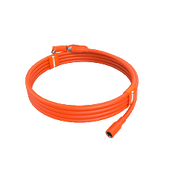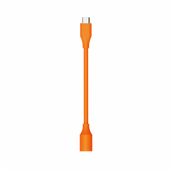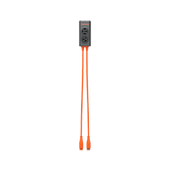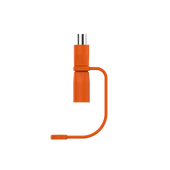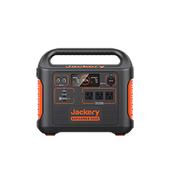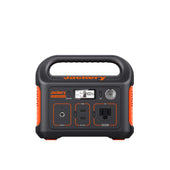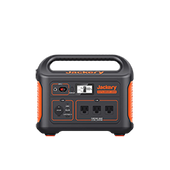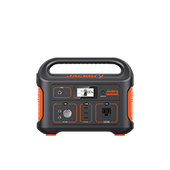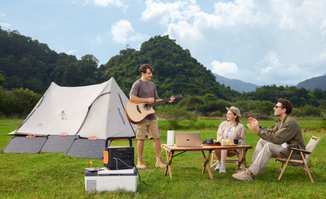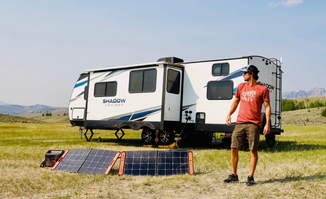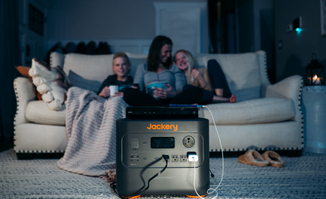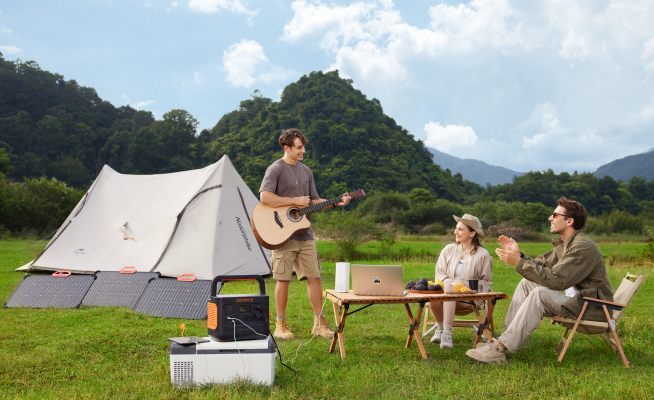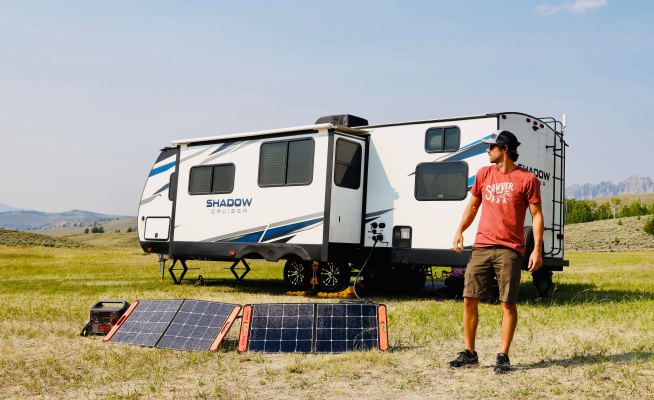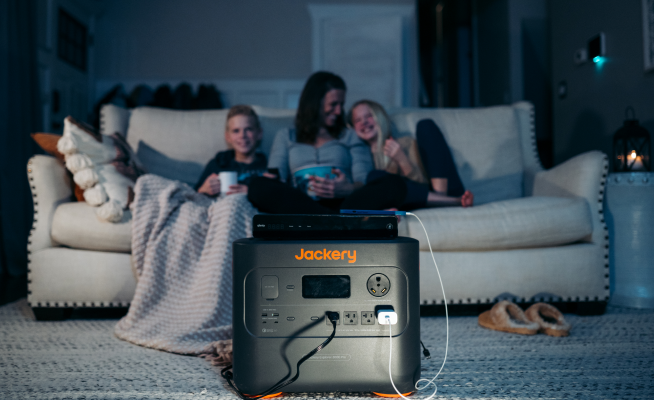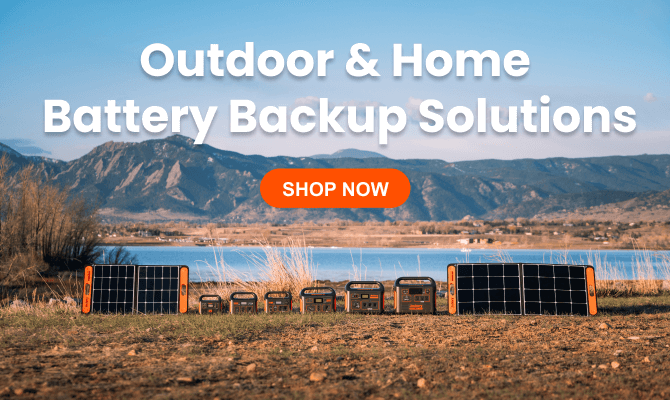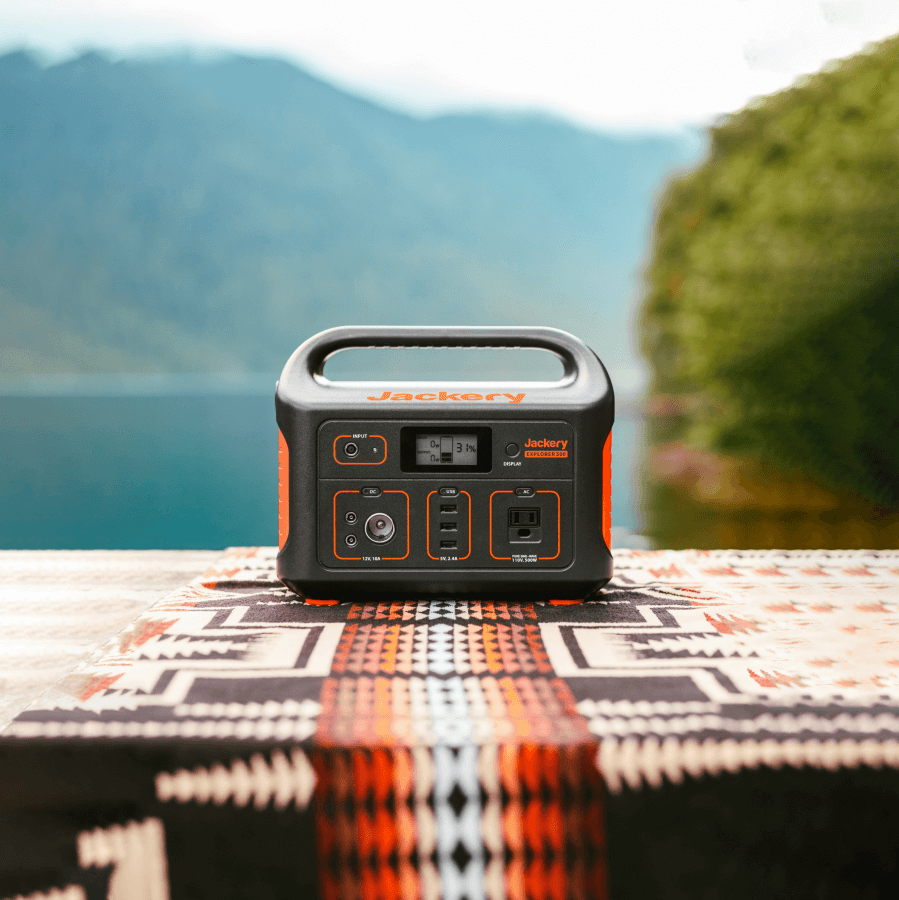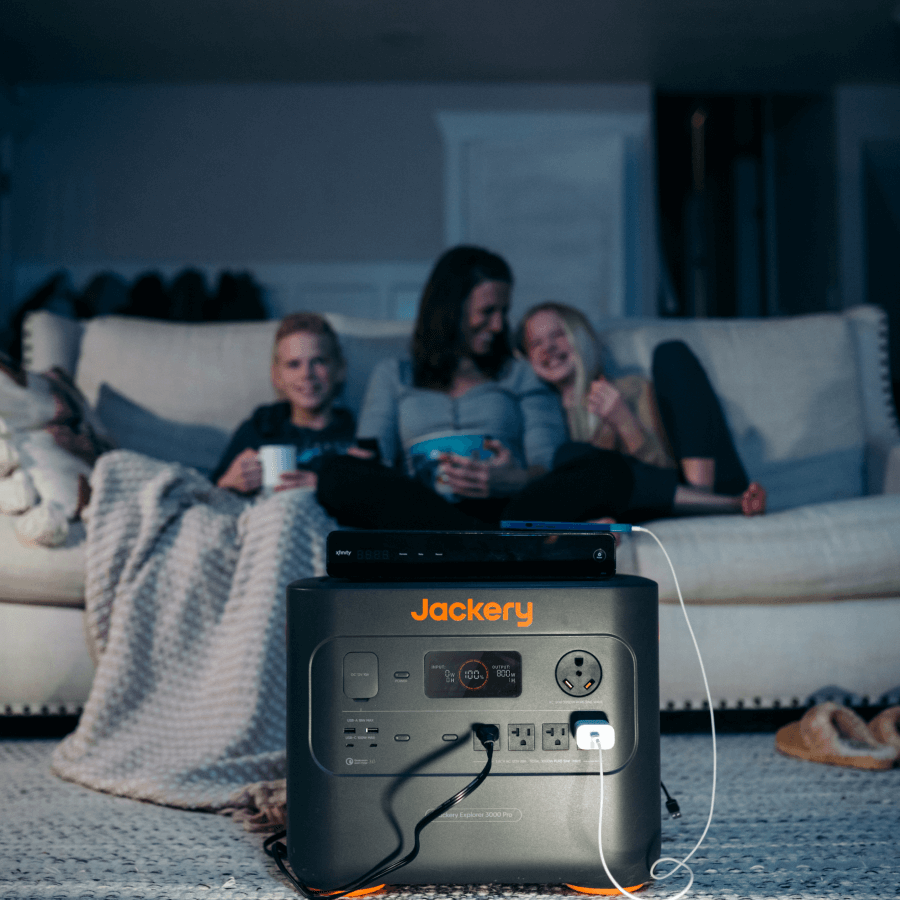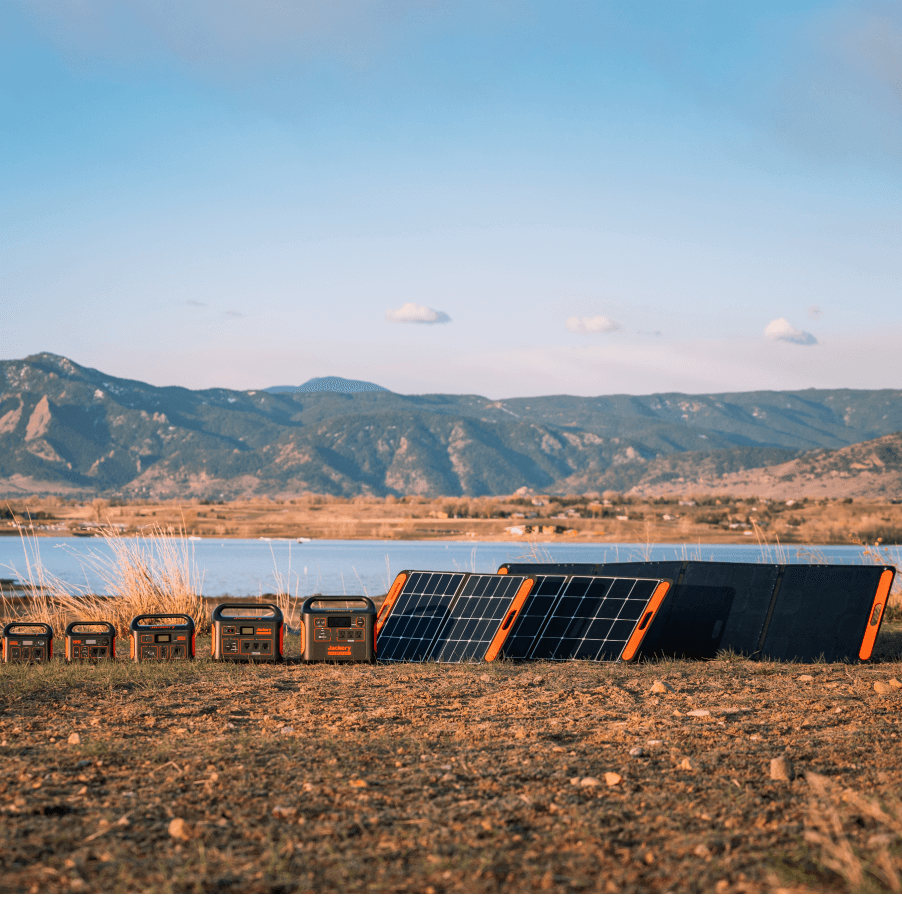Power outages can disrupt daily lives, leaving families without heating, refrigeration, or essential devices, especially during frigid Canadian winters. For instance, the May 2022 derecho storm impacted approximately 15.6 million Canadians (about 41% of the population). The storm, the sixth costliest in Canada, caused extensive power outages and infrastructure damage. [1] In such scenarios, an emergency generator for home can be an efficient solution, ensuring continuous electricity and bringing peace of mind and comfort.
However, selecting an appropriately sized generator for home is crucial. A unit too small might fail to power critical appliances, while an oversized one could waste energy. Many households now prefer eco-friendly options like a solar generator, which combines sustainability with reliability. This guide helps you determine the ideal generator size for your home, balancing performance, efficiency, and cost-effectiveness to keep your family safe and comfortable.
Factors Affecting Emergency Generator’s Size
Choosing the right size of an emergency generator for home involves understanding several key factors to ensure it meets your household’s needs effectively:
1. Power Outage Frequency
Power outage frequency is a critical factor for selecting the size of an emergency generator for home. Here is how to match the generator size to your specific needs based on outage frequency:
- Frequent Power Outages: For homes in regions prone to regular and prolonged outages, such as areas often affected by harsh winters, hurricanes, or unstable grids, a robust home standby generator is essential. These generators are designed to handle heavy, continuous loads and can seamlessly power vital systems like HVAC, refrigerators, kitchen appliances, and lighting for extended periods.
- Occasional Power Outages: A mid-sized backup generator for home is often sufficient in areas where outages occur sporadically and last only a few hours. These generators provide enough capacity to support essential appliances, including refrigerators, water heaters, and communication devices.
- Rare Power Outages: If outages are uncommon in an area, portable or compact options can offer a cost-effective and practical solution.
2. Duration of Power Outage
The length of a power outage is also significant in determining the size of an emergency generator for home. For short outages lasting a few hours, a small generator is often sufficient to keep essential devices like lights, refrigerators, and communication tools operational. These smaller units are portable, cost-effective, and perfect for temporary inconveniences.
However, prolonged outages, especially in regions prone to severe weather or unstable power grids, demand a more robust solution. A larger backup generator for home becomes necessary to sustain critical systems like heating or cooling units, water pumps, and even medical equipment.
Selecting the right generator size based on outage duration not only optimizes performance but also prevents fuel waste and underperformance.
3. Power Consumption of Key Equipment
Understanding the power consumption of essential appliances is crucial when selecting an emergency generator for home. Start by identifying critical devices such as kitchen appliances, medical equipment, and lighting that must remain operational during an outage. Each appliance has a specific wattage requirement, which can typically be found on its label or user manual. Add up these wattages to calculate the total power demand of your household during an emergency.
Choosing an emergency generator for home with insufficient capacity can lead to system overload, causing it to shut down or even damage connected devices. Conversely, an oversized generator may waste energy and fuel. By accurately calculating your power needs, you can select a backup generator for home that provides reliable performance without compromising efficiency or safety.
4. Space and Budget Considerations
When selecting an emergency generator for home, the physical space available for installation and your budget are critical factors to consider. For instance, a whole house generator often requires dedicated outdoor space for installation and proper ventilation. Homes with limited yard or balcony space may find it challenging to accommodate these units, making compact or portable options more practical.
Budget constraints are also important in the decision-making process. While larger generators typically offer higher capacity, they come with greater upfront costs.
Therefore, compared to large whole house generators, backup power systems with lower prices but reliable performance, such as economical UPS systems or portable solar generators, can be chosen. It can be used not only for daily household use but also for outdoor activities.
Overall, considering the above factors comprehensively is necessary to find a suitable one for your family!
Common Size Selection of Emergency Generator for Home
Here is a detailed guide on the typical size categories:
1. Small Generator (100W-1000W)
Small generators are compact and ideal for powering lightweight devices like mobile phones, laptops, LED lights, or small fans during brief outages. Generally, generators with a capacity of 100W-1000W are sufficient for areas with stable power grids and short and infrequent power outages.
Advantages
- Lightweight and Portable: Small generators are compact and easy to carry, facilitating quick deployment during emergencies. They also allow for convenient storage and transport to various locations.
- Low Fuel Consumption or Solar Generator Option: These generators consume minimal fuel or do not require fuel (solar generator), reducing operational costs and environmental impact.
- Perfect for Emergency or Camping Needs: Small generators are an excellent backup for short outages. They are also good companions for camping trips, ensuring comfort and functionality off the grid.
2. Medium Sized Generators (1000W-3000W)
Medium-sized emergency generators for homes can power critical household equipment such as refrigerators, kitchen appliances, heaters, lights, and small heaters for a longer time. Generators ranging from 1000W to 3000W are suitable for areas with occasional power outages that last several hours. They strike a balance between portability and functionality.
Advantages
- Larger Capacity for Essential Devices: Medium-sized emergency generators for home can seamlessly run high-power appliances like refrigerators, kitchen appliances, and heaters. They are ideal for managing occasional power interruptions lasting several hours.
- Flexible Fuel Options: These generators are available in various fuel types, including gasoline and solar, allowing users to choose one that best fits their needs.
- Cost-effective Balance: Medium-sized generators provide an economical compromise between compact size and sufficient power output. They are budget-friendly for households that need reliable performance without the expense of larger, high-capacity models.
3. Large Generators (3000W-7000W)
Large home standby generator models are designed to support whole house power supply. Generators ranging from 3000W to 7000W are ideal for long-term outages or use in remote areas.
Advantages
- Comprehensive Coverage for Household Energy Needs: Large generators can power an entire home, including high-demand appliances like washing machines, water heaters, induction cookers, refrigerators, air conditioners, etc. This makes them an excellent choice for households requiring uninterrupted power for all essential and non-essential devices.
- Reliability During Severe Weather or Emergencies: These generators are built to handle extreme conditions and ensure continuous power during storms, prolonged outages, or other emergencies. They help maintain comfort and safety in critical situations.
- Ideal for Homes with Critical Equipment: Large generators can greatly benefit homes with medical devices, security systems, or other essential equipment by providing a dependable power supply.

Other Considerations for Selecting an Emergency Generator for Home
Besides considering size and capacity, you need to consider several other factors when choosing an emergency generator for home. These aspects ensure a comfortable user experience. They include:
1. Generator's Capacity Exceeds the Required Power
In order to ensure that the generator does not operate at full load for a long time, it is recommended to choose a generator with a power slightly higher than your total electricity demand. It is generally recommended to reserve at least a 20% margin.
This can avoid overheating and damage to the generator due to long-term high-load operation and also ensure that the generator can normally work when additional equipment needs a power supply.
2. Noise Level
Generators vary in noise output, which can be a significant concern, especially for residential areas. Conventional gas-powered generators tend to be louder, which might disturb neighbours or compromise your comfort during prolonged use.
However, a modern emergency generator for home, including inverter and solar models, often provides quieter operation. Always check a generator's decibel (dB) rating to ensure compliance with local noise ordinances and a more pleasant experience during use.
3. Portability
Portability is a key factor for those who require flexible power solutions. Portable generators are ideal for small homes or temporary use during emergencies. These generators are easy to move and store when not in use.
In contrast, whole house generators are stationary and installed permanently, which is more suitable for households that do not require changing power supply methods. However, if the budget is sufficient, combining the two solutions is better.
4. Maintenance Costs
All generators require maintenance. Fuel generators typically need oil changes, filter replacements, and regular cleaning, which can add to long-term costs. Solar-powered generators, on the other hand, require minimal maintenance, which makes them an attractive, cost-effective option for eco-conscious homeowners in Canada.
Recommended Emergency Generators for Homes with Different Needs
Are you struggling to decide which emergency generator for home to choose? Below are three highly recommended models from Jackery, tailored to meet different household requirements:
1. Jackery Solar Generator 1000 Plus
The Jackery Solar Generator 1000 Plus is an excellent choice for households with moderate energy needs. Lightweight yet powerful, it boasts a 2,000W rated output with 4,000W peak power, making it capable of running essential devices during occasional power outages. This model is perfect for short-term emergencies and outdoor activities like camping or off-road trips.
Its expandable capacity supports up to three add-on battery packs, allowing it to be expanded from 1264.64Wh to 5kWh, enough for 1-3 days of home backup power. With versatile charging options, it can be fully solar-charged in just 4.5 hours using four Jackery SolarSaga 100W solar panels or wall-charged in 1.7 hours.
Moreover, a long-lasting LiFePO4 battery ensures a lifespan of up to 10 years, making it a reliable and eco-friendly option. Verified by TÜV SÜD, it meets sustainability standards, making it a top-tier choice for portable power.
2. Jackery Solar Generator 2000 Plus
For those requiring more robust and flexible power solutions, the Jackery Solar Generator 2000 Plus is an excellent model. It offers an expandable capacity of 2-24kWh and can power heavy-duty devices up to 6,000W. This generator is perfect for long-term blackouts and can support high-power appliances like air conditioners, heaters, and ovens.
The Jackery Solar Generator 2000 Plus features fast solar charging, taking six hours via six Jackery SolarSaga 100W solar panels. Its ChargeShield Technology enhances battery life by 50%, ensuring durability and efficiency.
With dual voltage (120V/240V) and innovative LiFePO4 battery technology, the generator offers reliable power for various scenarios, from home emergencies to off-grid living. Moreover, the Jackery app allows smart control and monitoring, adding convenience to its high-performance design.
3. Jackery Solar Generator 5000 Plus
For comprehensive power needs, the Jackery Solar Generator 5000 Plus is a premium choice. It provides 5-10kWh of capacity, making it capable of powering an entire house for two weeks. Its impressive 7.2–14.4kW output allows it to power large home appliances simultaneously.
This solar generator excels with its 0ms UPS switch, ensuring seamless power transfer during outages. With four charging options, including AC, high-voltage PV, smart transfer switch, and hybrid charging, it ensures a flexible energy supplement.
Designed for zero emissions, it is a safe, eco-friendly and powerful backup solution for both residential and commercial needs. It is durable and versatile and offers unmatched reliability during emergencies while supporting sustainability initiatives!
Wrapping-Up
Choosing the right size of an emergency generator for home is crucial to ensuring uninterrupted power during outages while avoiding unnecessary expenses. Assess your household's power needs, outage frequency, duration, and budget to make an informed decision.
Small generators are ideal for minimal power requirements, medium-sized ones suit occasional outages, and large generators are perfect for powering entire homes during prolonged blackouts. Prioritize factors like efficiency, sustainability, and reliability when selecting a generator. A well-chosen generator ensures functionality and comfortable. Visit our website now for a suitable emergency generator for home!
References
[1] May 2022 Canadian derecho. Available at: https://en.m.wikipedia.org/wiki/May_2022_Canadian_derecho (Accessed: 15 January 2025)







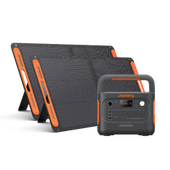



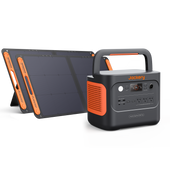

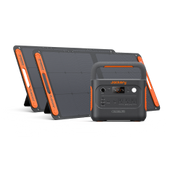
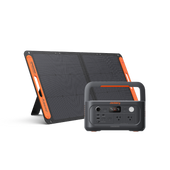
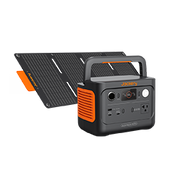
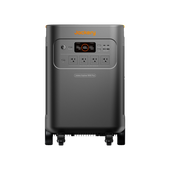

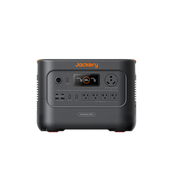
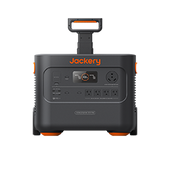
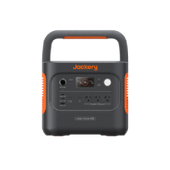
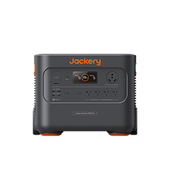

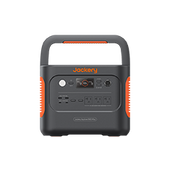
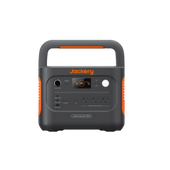
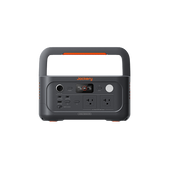

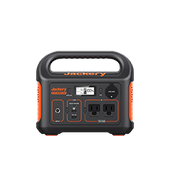
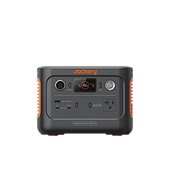
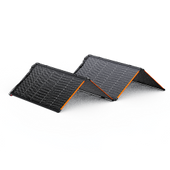
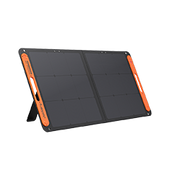


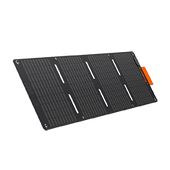
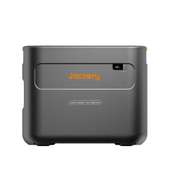
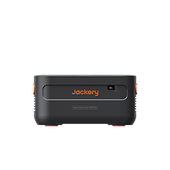
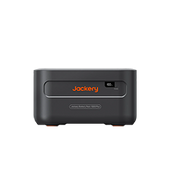
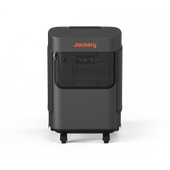
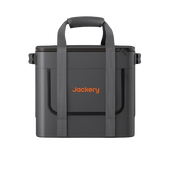
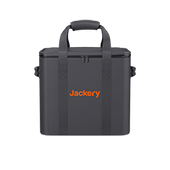
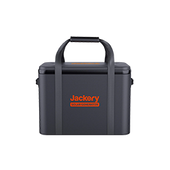
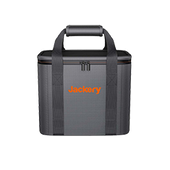
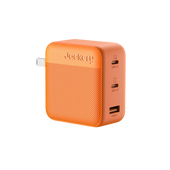
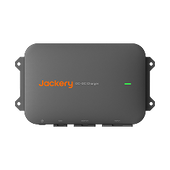
![[Add-on] Jackery Manual Transfer Switch for Explorer 5000 Plus](http://ca.jackery.com/cdn/shop/files/add-on-jackery-manual-transfer-switch-for-5000-plus-240V.webp?v=1757043692&width=170)
